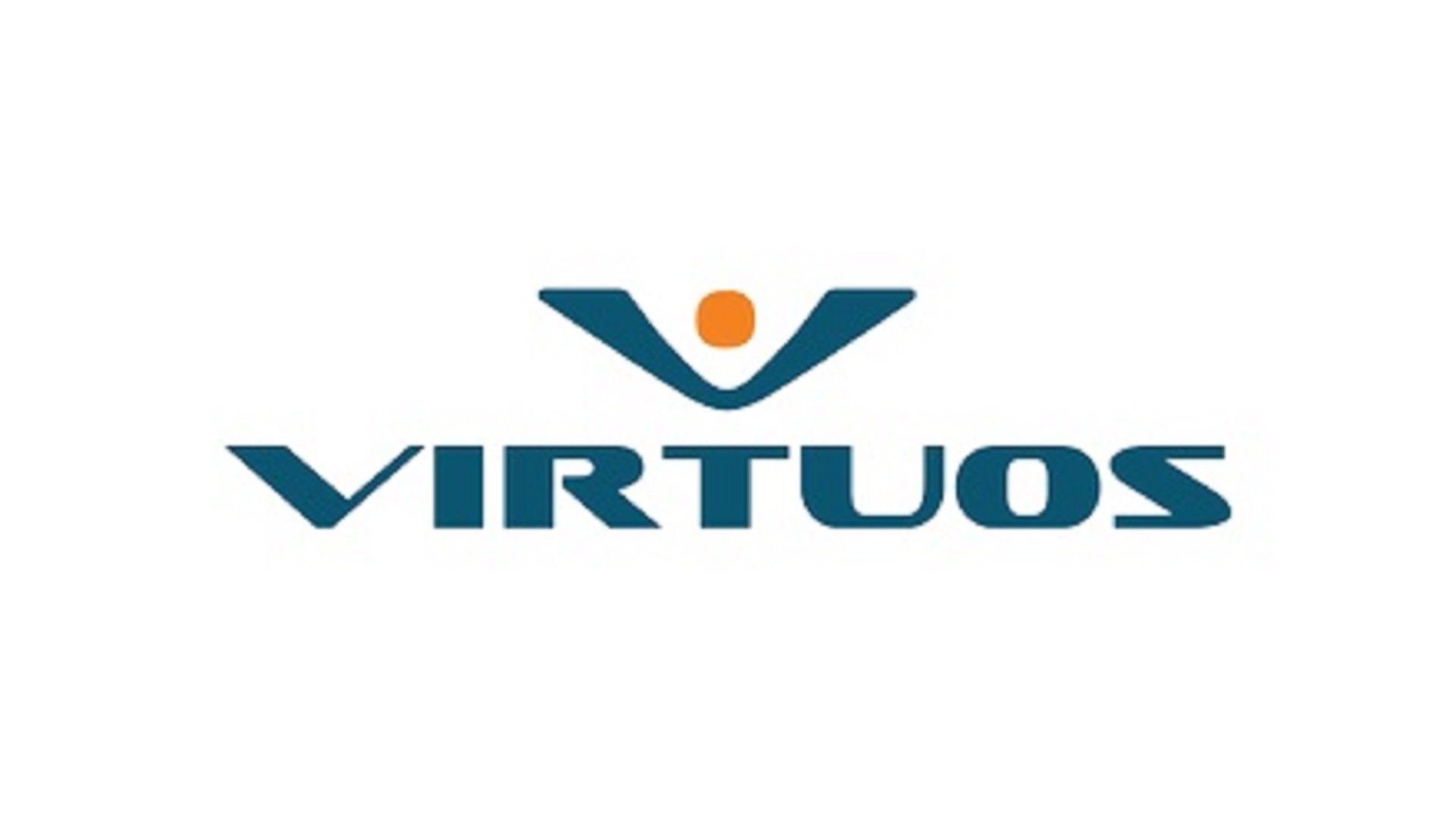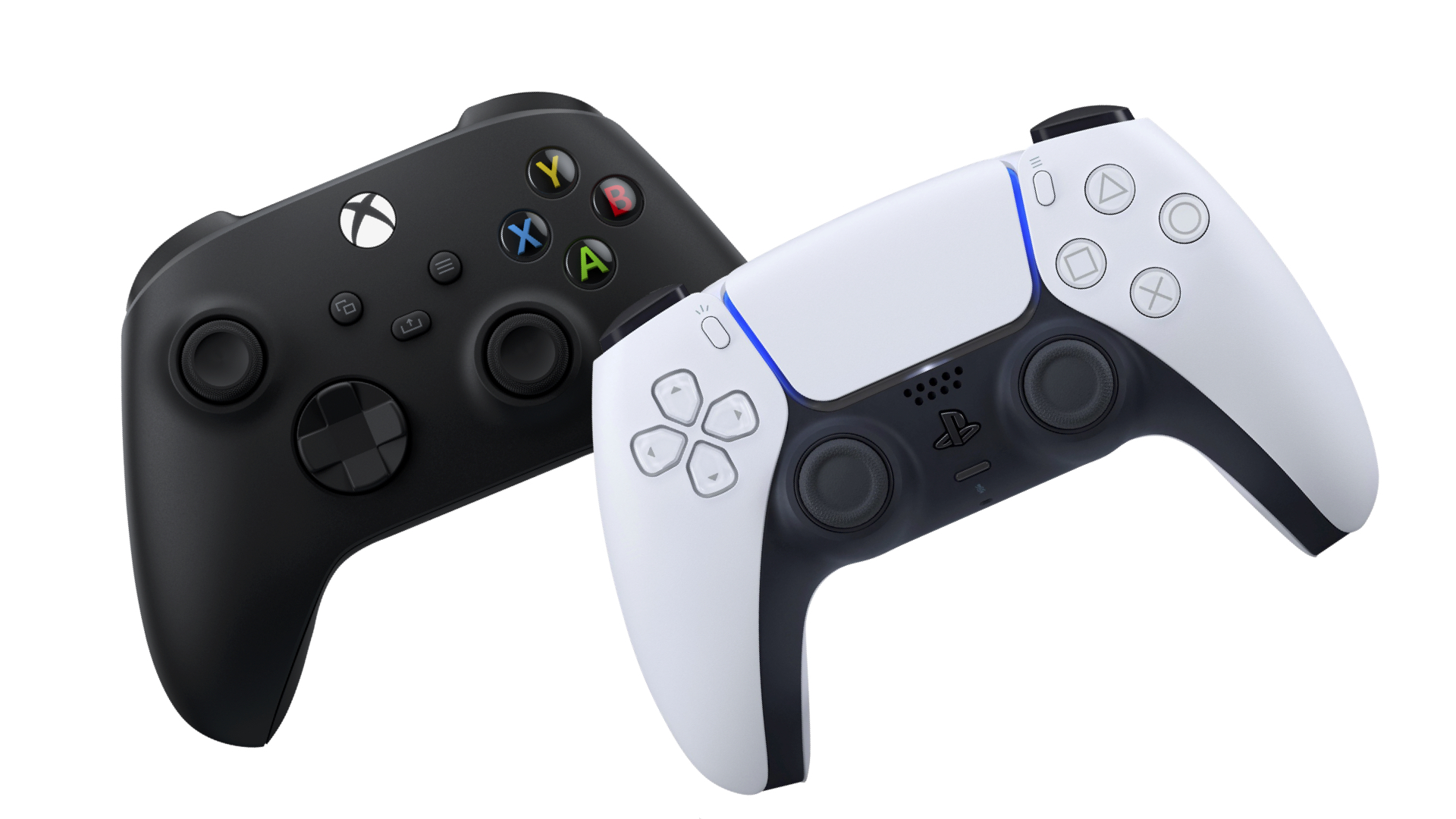
When it comes to support and licensed developers, few names in the industry are as prolific or active as Virtuos. With multiple offices around the world, thousands of employees, and their fingers in many pies, Virtuos’ take on next-gen, how the transition is going, and how next-gen itself will progress is unique fresh and interesting, as is their take on the Nintendo Switch and what the future holds for it, given their track record with ports developed for the console. Recently, we sent across some of our questions about these topics (and more) to Virtuos, and got a lot of interesting responses. You can read our conversation with Virtuos’ managing director of games Christophe Gandon below.
"We expect that the next generation of consoles will be where we see amazing remakes instead. Nostalgia isn’t going anywhere, and some of the best stories in video game history deserve to be told again."
Virtuos have been at the forefront of bringing games to Switch in quite impressive fashion, and your dedication to the system has been great to see. In your view, how hard (or not) is it to make these ports happen? Obviously, that probably varies from case to case, but by and large, has the Switch been an easy machine to port games to?
You’re right to say that the challenges for each game are always different. Bringing a game to a new console is not a one-size-fits-all process, so it largely depends on the scale of the game, the amount of quality-of-life updates needed, and lots of technical considerations behind the scenes.
The Nintendo Switch is a unique platform to develop for. As most people will know, the Switch does not have the same kind of power in terms of CPU and GPU as the current generation of home consoles, so simply dragging a game over would lead to bottlenecks. The Switch also has fewer cores and less bandwidth. Adapting games for Switch is therefore mainly about optimising certain features and multithreading. We need to make the game less power intensive in ways the player won’t notice or worry about.
It’s a different story when we adapt a game from the previous generation of consoles though, such as the PS3 and the Xbox 360. Games like BioShock or Dark Souls aren’t as demanding on power, and so there are fewer bottlenecks to resolve for the Switch.
Of course it’s not just about the technical changes; we also need to adapt games to stay as close and true as possible to the spirit of the original game. It needs to feel right, even if it is on a new system. It’s therefore always important that we work closely with our partners and the IP owner to make sure we’re making the right artistic and design choices.
As we move into the next console generation and games invariably become more demanding and tech intensive, do you think Switch ports will become harder and harder to pull off?
Harder, yes, but not impossible. The power gap is increasing; there’s no doubt about that. The process might be more intensive and complex, so studios might become more selective about which next gen games should be adapted to Switch. Big sellers are sure to make the jump in some fashion, but other newer and untested IPs might sit this one out.
Can we expect to see Virtuos working on its own, separate property in the coming years?
No, this isn’t something you’ll see from us any time soon. Our missions is to be the game creator that helps other game creators make blockbuster games. We are always investing in new technology that will allow us to deliver more to our partners, but that won’t mean we create our own games.
"Bringing a game to a new console is not a one-size-fits-all process, so it largely depends on the scale of the game, the amount of quality-of-life updates needed, and lots of technical considerations behind the scenes."
How are you setting up your engines and framework to prepare for the next generation of consoles?
At Virtuos, we don’t have an engine of our own. Instead we work with existing proprietary and commercial engines such as the Unreal Engine. We’ve been preparing for the next generation of consoles by carrying out benchmarking and profiling tests. This allows us to learn more about the CPU, GPU, Memory and IO of the next generation of the next gen version of UE4 for example.
In your experience, how has the transition from current gen to next gen been from a developer’s perspective, especially in comparison to previous generation transitions?
The next generation of consoles mark a major step forward, but not in the way consumers/gamers are used to. With previous console generations, the main focus was on increasing the speed of the CPU and the GPU. This time, the jump in processor speed is not all that impressive.
Instead, developers and gamers alike should be excited about the new SSD hard drive management. In-game assets can be accessed from memory much faster than ever before, which will affect both the way games look and the way games are designed. This will translate into denser worlds and little to no loading times.
With the PS5 and Xbox Series X both confirmed to have backward compatibility and the ability to enhance older games on a system level, how do you think that will affect things such as remasters and ports in the coming years?
Backward compatibility will allow players to enjoy their favourite games, and more choice is always good. Backward compatibility will allow players to enjoy their favorite games, and more choice is always a good thing. In most of the case players will enjoy 60fps, 4k upgrades and faster loading time. In some other cases, when frame rate or resolution is locked, no improvements except loading time. To move further the developer will need to make a specific patch to the previous gen game. Or decide to go with a native new gen version that could include more than just frame rate, resolution or loading time: better lighting, more details on characters and environments, better animations, and so on. We name that remasters. So at the beginning of this generation, players would be satisfied with just the backward compatibility, but quickly they will expect for higher visual quality for instance.
We expect that the next generation of consoles will be where we see amazing remakes instead. Nostalgia isn’t going anywhere, and some of the best stories in video game history deserve to be told again. However high-speed memory access will open up many new possibilities, up to the point where a remake will be a much better option than a remaster for brands looking to breathe new life into their classic IP.
What are your thoughts on the PS5’s custom 3D audio engine Tempest? How much of a difference do you think tech like this will make to how immersive games can be?
Generally speaking, Tempest will increase audio immersion in games. This will open up new ways to design and play games particularly when it comes to FPS and stealth games. For game developers like us, the ultimate goal isn’t necessarily full audio realism though, but instead to design sound that suits the gameplay best. More realistic games don’t necessarily make for more immersive games.
"When it comes to this new generation of consoles (which makes it different from the last few generational jumps), the real upgrade is not the GPU, but the faster access to the SSD."
Since the reveal of the PS5 and Xbox Series X’s specs, a lot of comparisons have been made between the GPU speeds of the two consoles’ GPUs, with the PS5 at 10.28 TFLOPS and the Xbox Series X at 12 TFLOPS- but how much of an impact on development do you think that difference will have?
When it comes to this new generation of consoles (which makes it different from the last few generational jumps), the real upgrade is not the GPU, but the faster access to the SSD. High-speed memory access is the headline feature for developers and what will ultimately allow us to make bigger, busier and more exciting games. Data management on both the PS5 and Xbox Series X will be faster and better optimised, translating into photorealistic open worlds with high resolutions and framerates.
The PS5 features an incredibly fast SSD with 5.5GB/s raw bandwidth. This is faster than anything that is available out there. How can developers take advantage of this? How does this compare to Series X’s SSD of 2.4GB/s raw bandwidth?
We’re not in the business of making comparisons between next generation consoles, and it’s perhaps too soon to say anyway. Both consoles will see a big step up when it comes to the SSD high-speed memory access, and so for both consoles the games we can develop will be much bigger and busier than any we’ve seen before.
Xbox Series X’s BCPack Texture Compression Technique Reportedly Better than the PS5’s Kraken. What are your thoughts on this?
So far we’ve been impressed with all of the new hardware that will soon be in living rooms around the world, and our teams have been hard at work making the most of the new technologies across both the PS5 and Xbox Series X. We wouldn’t say that one is better than the other, as that’s not how we tend to view hardware.
How are you ensuring that your engines/framework/tools are up and running for PS5 and Xbox Series X?
We have been working with the PS5 and Xbox Series X hardware for some time now, so we’re already up and running in most senses. As mentioned, we’ve been benchmarking and profiling so we know where the new hardware limitations lie, and so we can get the most we can out of the new consoles.
















